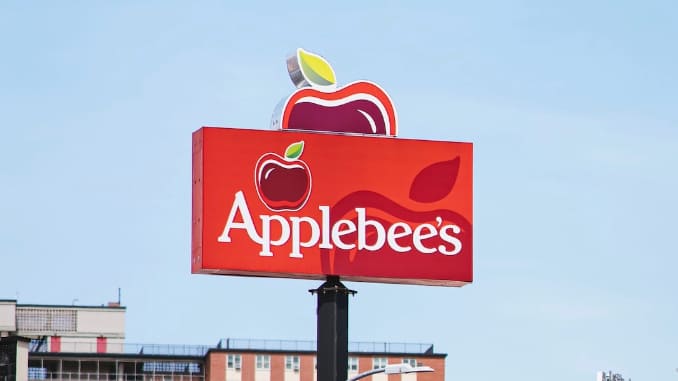The Second Coming of Chain Restaurants Is… Not Great
Photo by Nelson Ndongala/Unsplash
Last year, I wrote about the growing younger millennial and Gen Z nostalgia for experiential chain restaurants like the Rainforest Café and Medieval Times. And just last month, Eater reporter Amy McCarthy made a bold declaration: “casual dining chains are back.” She’s right. After years of declining sales (and countless assertions that the chain restaurant was dead), many of the iconic chains us ‘90s babies grew up with are now seeing rising sales numbers once again, with Olive Garden’s sales up over 11% in recent months.
Why are these once-maligned restaurant chains making a resurgence? McCarthy pointed to the effects of inflation. Prices have increased steeply over the past few years, and wages have not kept up. So while some who were lucky enough to have a steady source of income during and immediately after the worst of the pandemic took advantage of their additional disposable income to spend more money on going out to eat in 2020 and 2021, many of us are in a different financial situation today.
Chain restaurants offer cheaper meals than you can find at many independently owned restaurants, and they’re known for their consistency. If you have a limited going out budget, are you more likely to spend $20 on an entrée you can feel fairly certain is going to taste good, or will you fork over the same amount for a tiny plate of grilled octopus that could be hit or miss at the trendy new restaurant in town? People who are really into food might still opt for the latter option, but for more casual diners, the former could very well be the better choice.







































